Protecting teens’ personal space and safety on Pinterest
Personal space matters, especially when you’re young. For teens, maintaining their personal space means having a safe place to grow, develop and figure out who they are.
Teens told us that they come to Pinterest to plan and manifest their futures without fear of being judged. We believe that it is important to protect this experience on the platform. This also includes protecting teens' safety, because it’s impossible to feel inspired if you don’t feel safe.
As we continue to focus on protecting teens’ personal space, safety and emotional well-being, we want to share what you can expect from us now and in the near future.
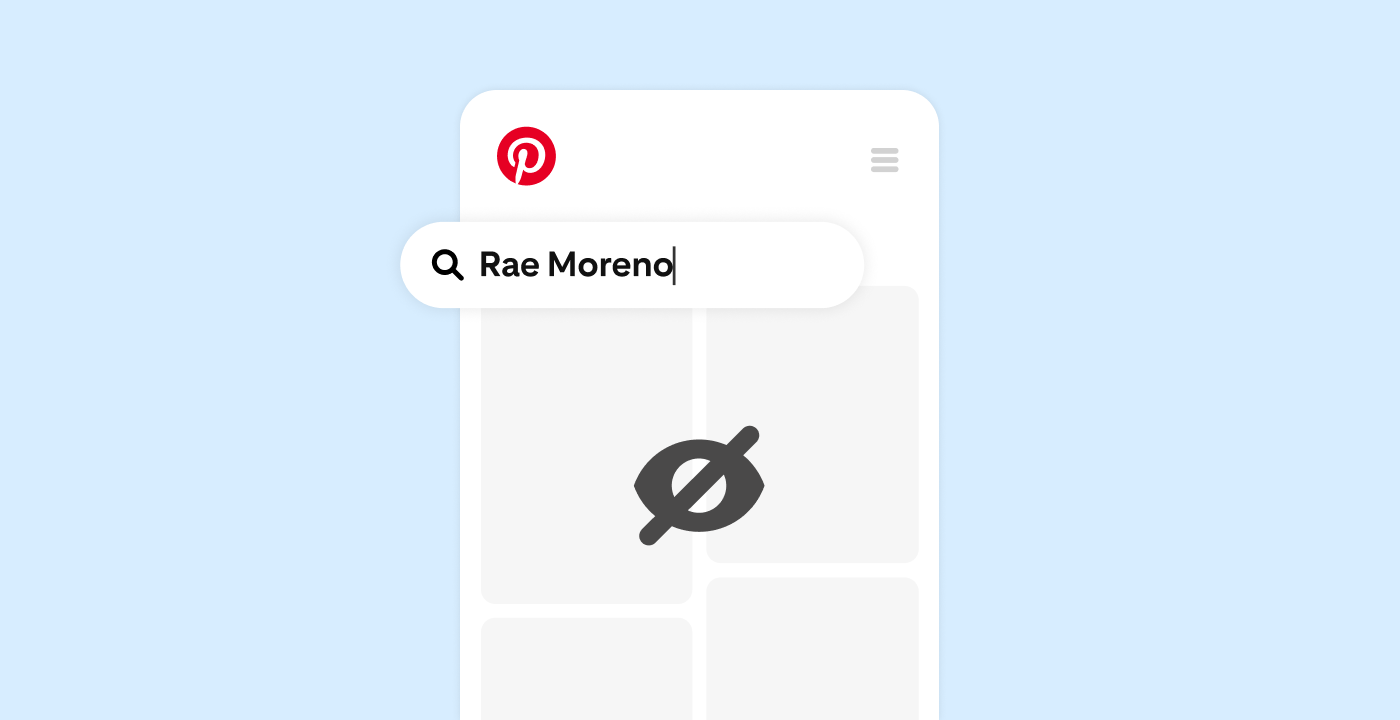
Private by default
Teen accounts—for those under the age of 16—are private on Pinterest. We believe that strangers should not be able to see teens’ profiles and invade their personal space, so we have ensured that their Pinterest accounts won’t be discoverable by others. In the future, Pinterest will set accounts for older teens, ages 16–17, to private by default as well, but they will have the option to make them public.
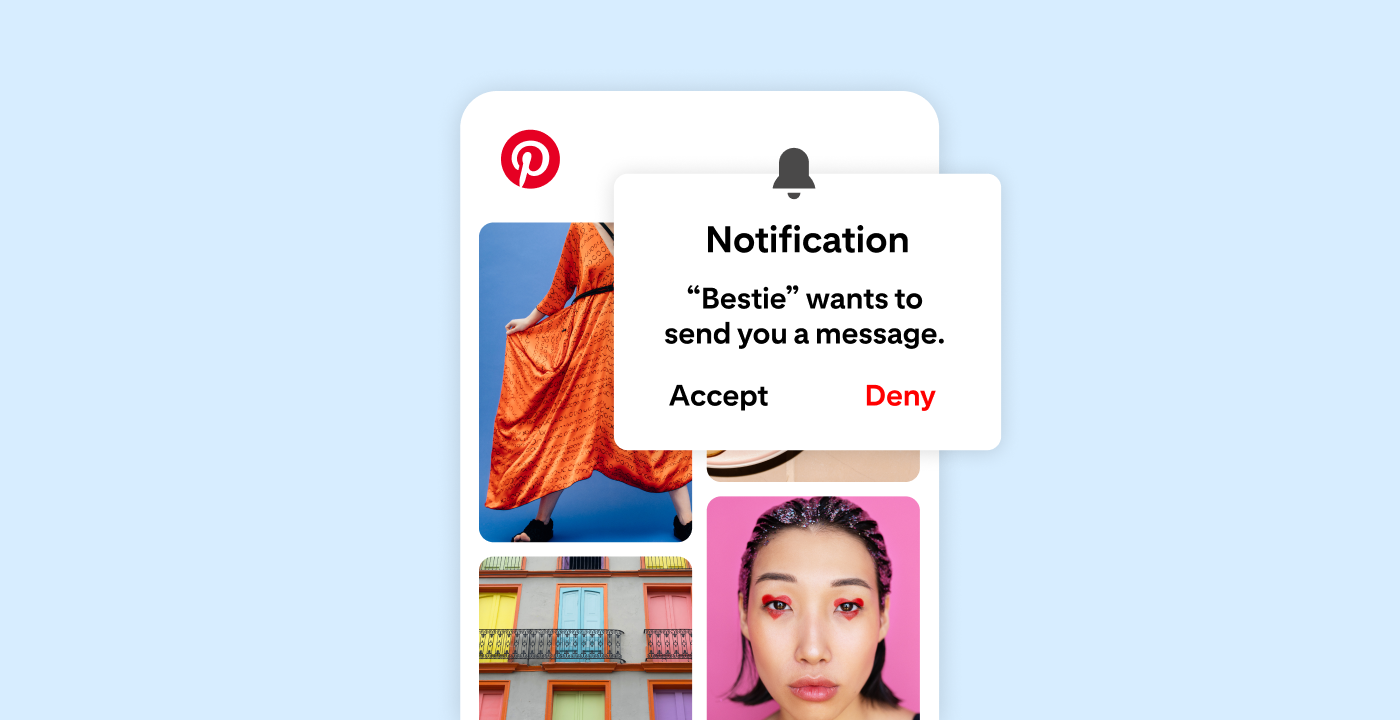
No contact without consent
Currently, boards and Pins for teens under 16 are not visible or accessible to anyone but the user. We know that this isn’t ideal for younger people who use Pinterest to collaborate with their friends and family, but we don’t want anyone contacting them without their permission. Coming soon, we will reintroduce the ability for teens to share inspiration with the people they know as long as they give them permission.
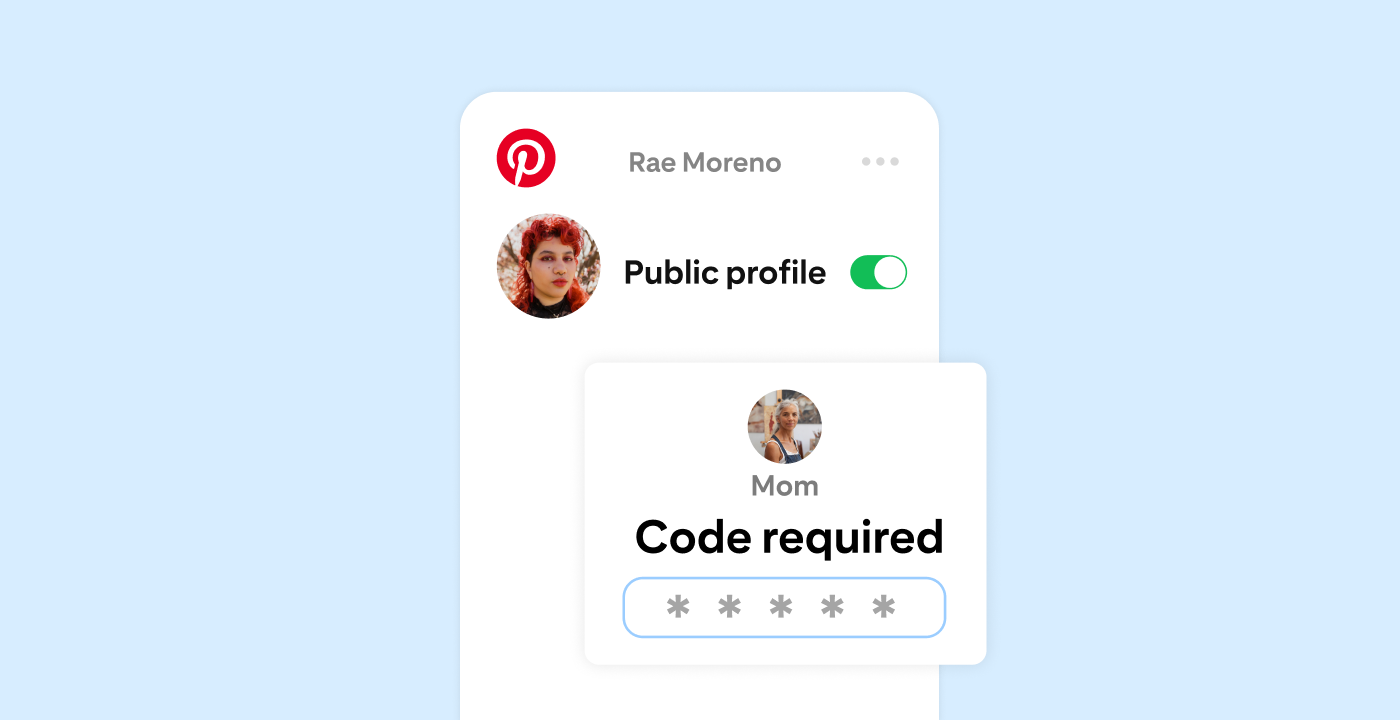
Parental support
Also coming soon, we’ll offer more options to parents and guardians who want to support teens under 18 online. For example, parents will have the ability to require a passcode for their teen to change certain account settings. Additional information on how to change permissions can be found in our Help Centre.
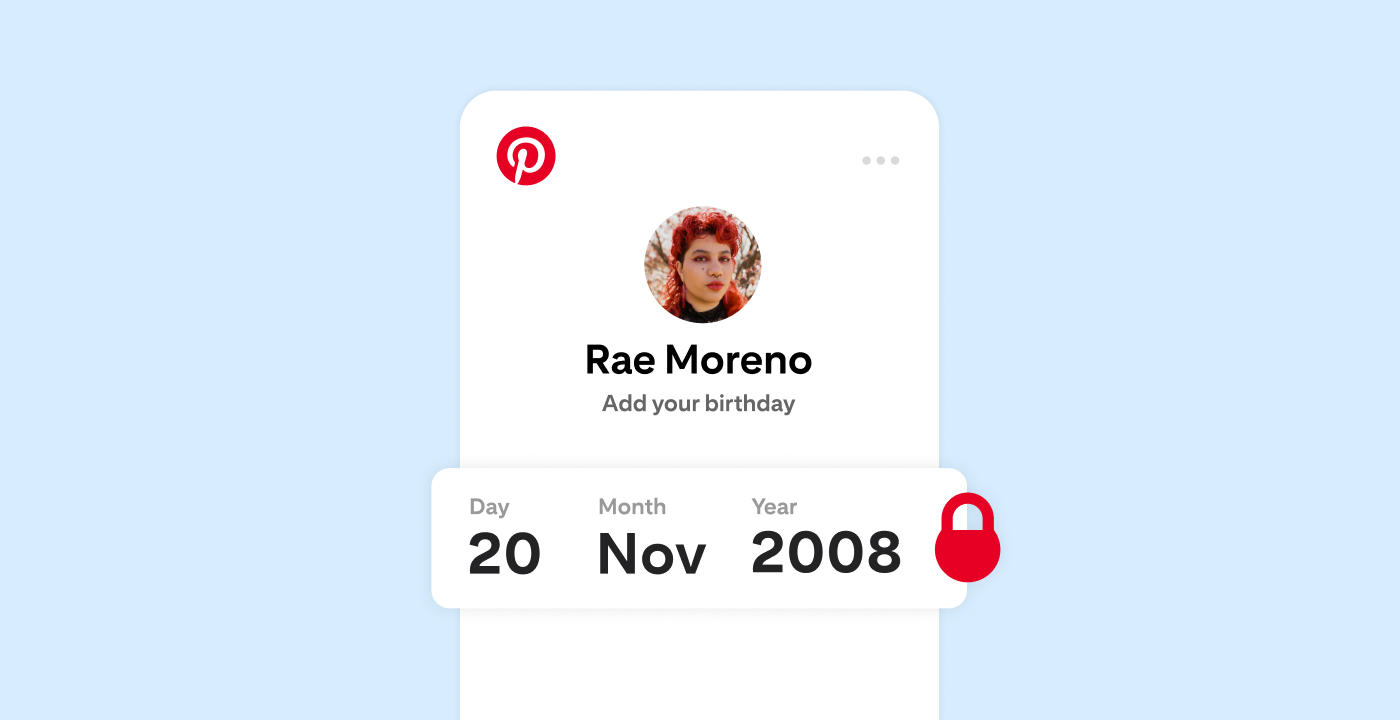
Age verification
Pinterest requires a date of birth for new and existing accounts, no matter what age you are. We’re also expanding our age verification process. For example, by the end of April 2023, if someone who previously entered their age as under 18 attempts to edit their date of birth on the Pinterest app, we will require them to send additional information to our third-party partner to confirm its legitimacy.
Supporting mental health
We want to do more than make Pinterest safer for teens—we also want to support teen mental health. A recent study that we conducted with UC Berkeley’s Greater Good Science Center suggests that looking at any inspiring content for 10 minutes a day could help young people to guard against stress and toxicity.
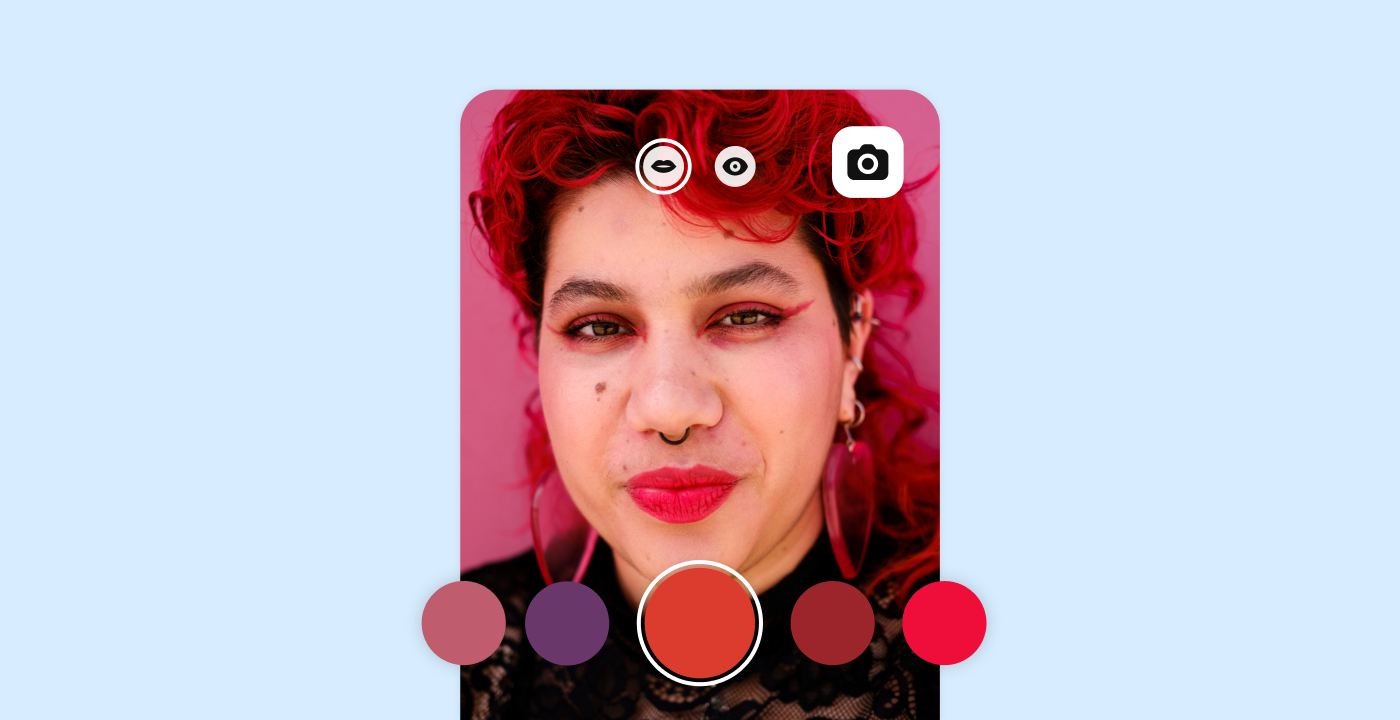
No filters on beauty
Beauty filters and changing their appearance every time they post online, can change the way people think about themselves. We’ve taken a stand and don’t have those kinds of filters on Pinterest. For example, our ‘Virtual Try On’ tool is a compelling way to play with eye make-up and lipstick colours, but it won’t alter the user's face because they look great just the way they are.
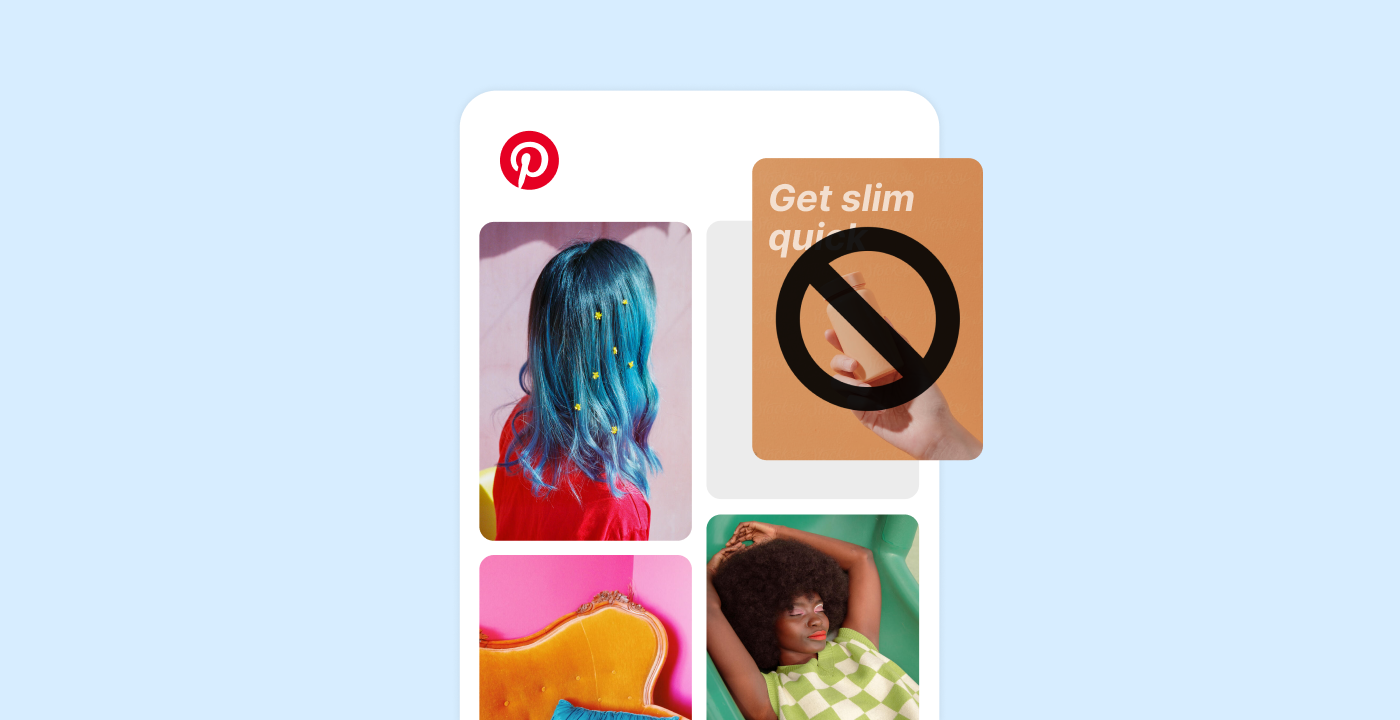
No body shaming
Pinterest has unique policies that don’t allow people to body shame on the platform, and those policies extend to brands too. For example, weight loss ads have been particularly harmful to emotional well-being, so we don’t allow them.
‘Pinterest is my favourite platform for multiple reasons—I always describe it as social media without all of the noise. I love that Pinterest prioritises positivity and inclusivity on the platform. You can really feel the difference as you scroll and interact with users.’ - Jordana Bistany, Gen Z creator on Pinterest and founder of wellness and beauty blog, Radiantly Nourished
Our mission is to provide everyone with the inspiration to create a life that they love, and it is our guiding light in how we have created Pinterest, developed our products and shaped our policies. As part of this ongoing work, we’ll continue to focus on ways that we can keep teens safe.
If the age of consent in a respective country is 16 or older, these new features for 13–15 year olds will not apply. This is because people under 16 are ineligible to have a Pinterest account in those countries.
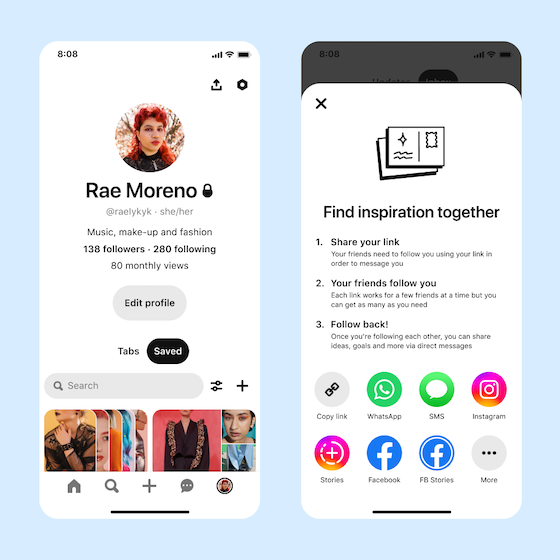
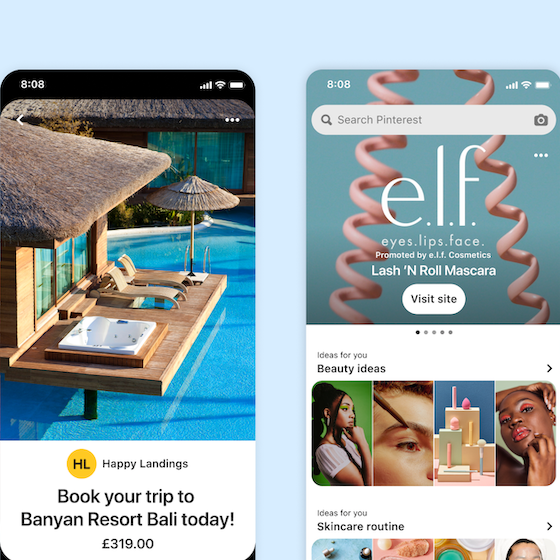

_0.png?crop=center%2Ccenter&fit=min&h=560&ixlib=php-3.3.1&w=560&s=78cfdbf0a1cda734b885a8d10a09a5ae)
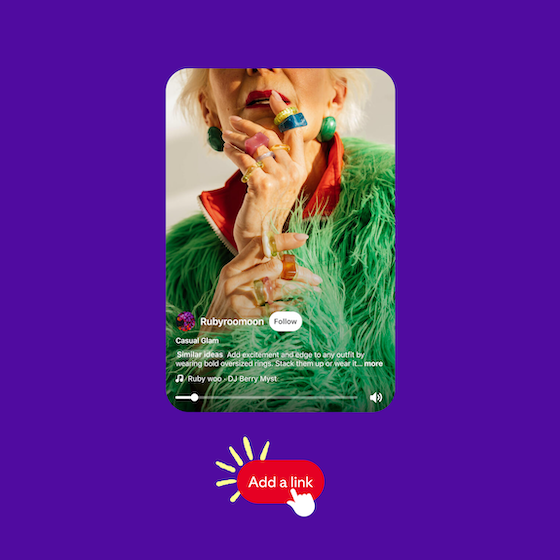
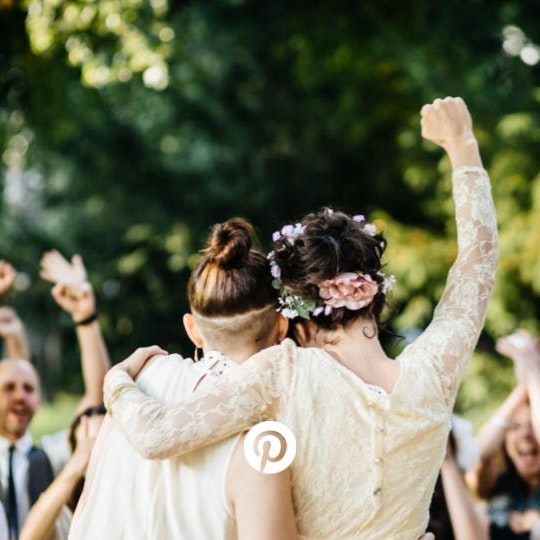
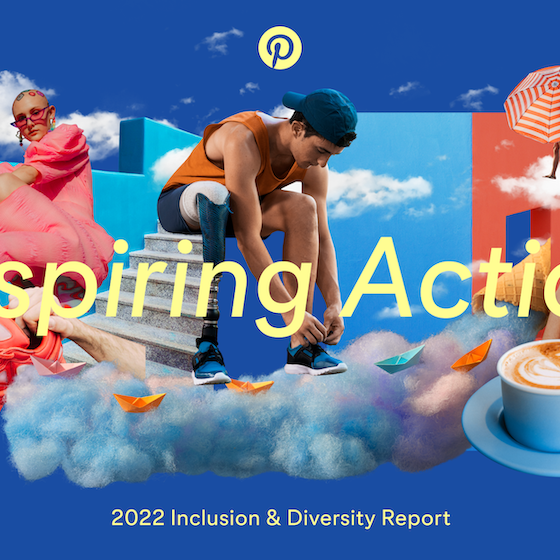
.png?crop=center%2Ccenter&fit=min&h=560&ixlib=php-3.3.1&w=560&s=06bae617304e6a5d7d221d9706acf9a1)